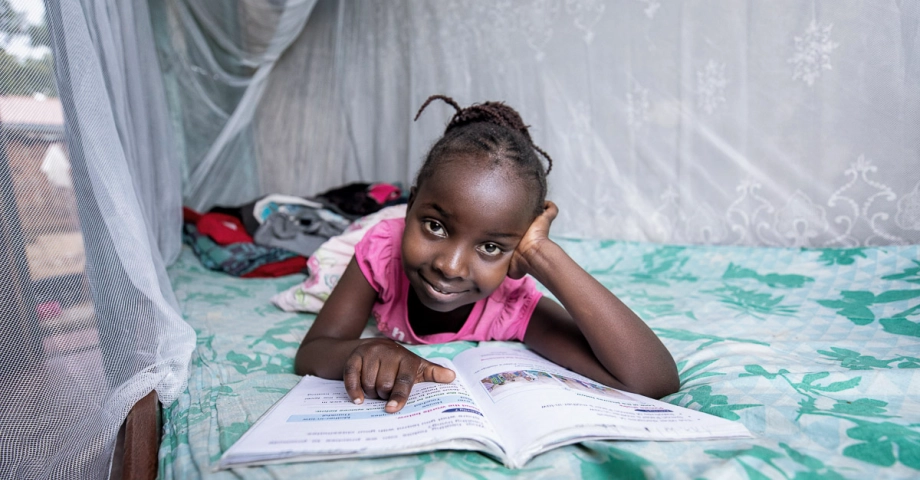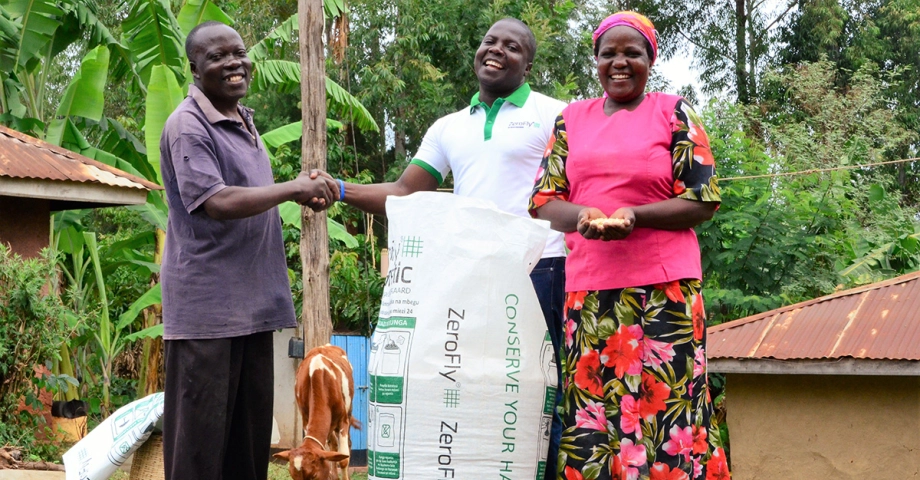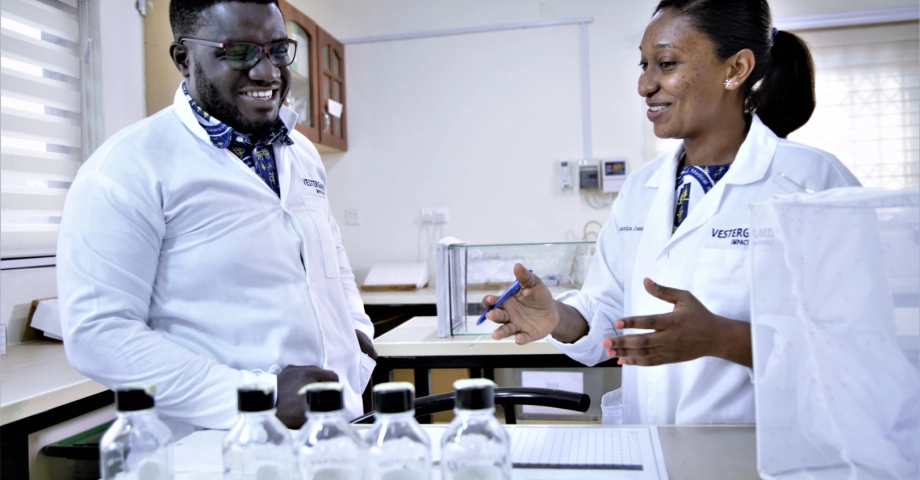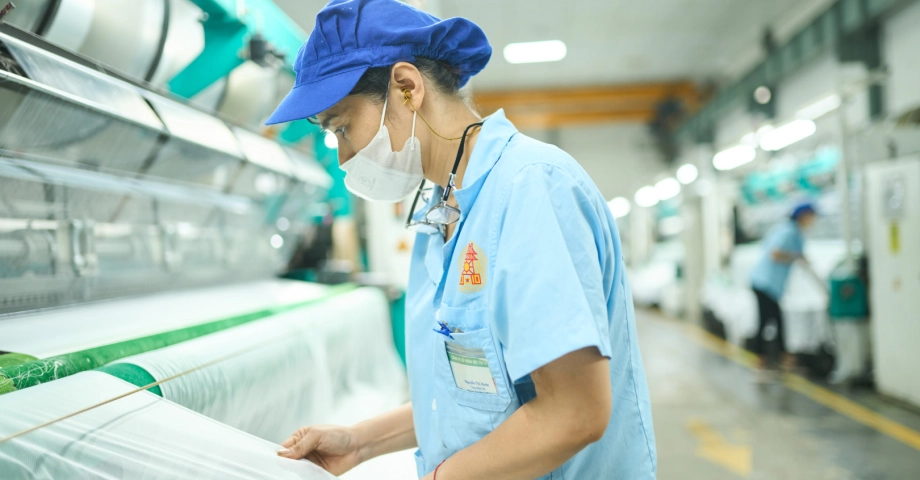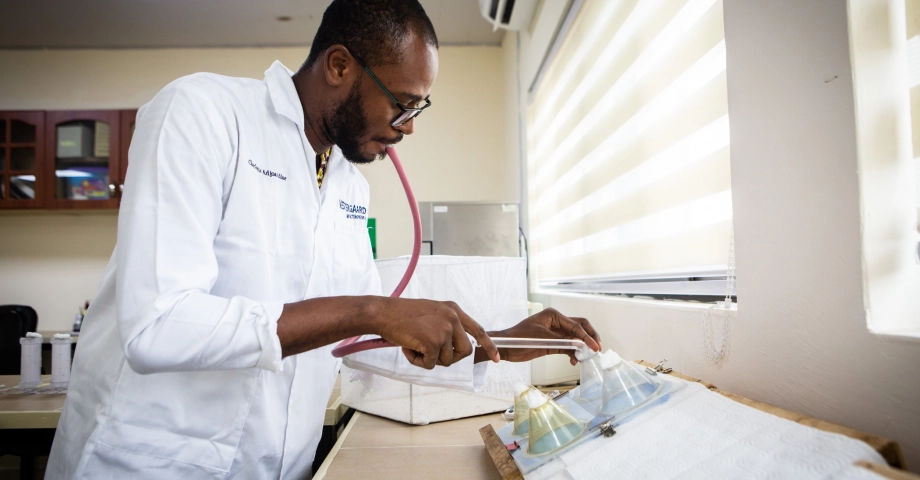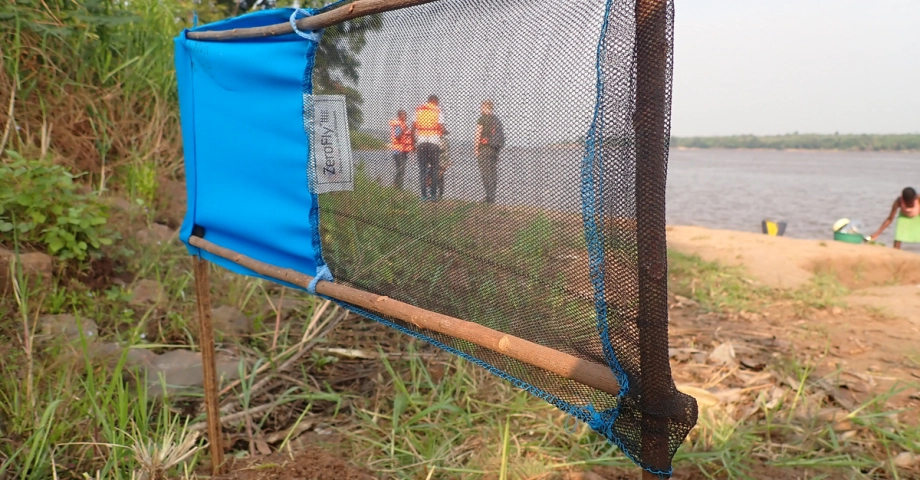Innovative fabrics for
life-changing impact
From disease prevention to crop protection, social and environmental responsibility are at the heart of all our work.
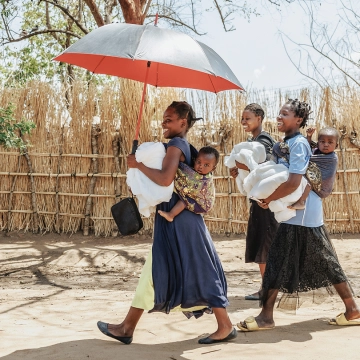
Saving lives
72 %
of all malaria cases averted in the last 25 years were due to insecticidal mosquito nets including PermaNet
Eliminating disease
98 %
reduction in sleeping sickness cases since 1999 driven by interventions including Tiny Targets
Safeguarding harvests
>US$ 16.5 m
saved by community farmers in post-harvest losses through use of ZeroFly insecticide-treated storage bags
